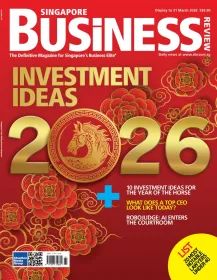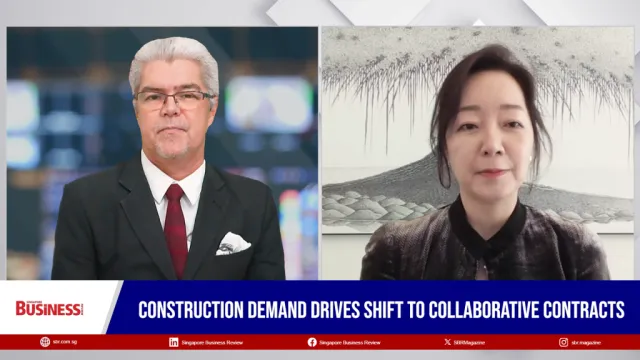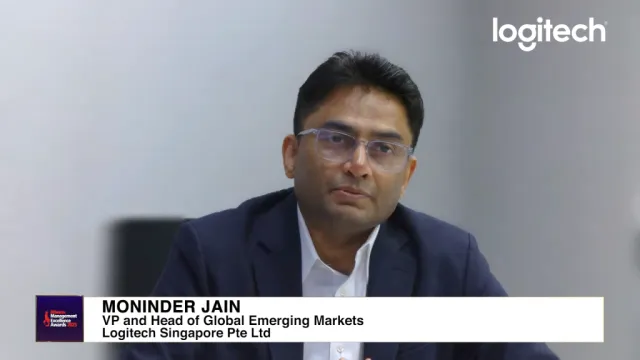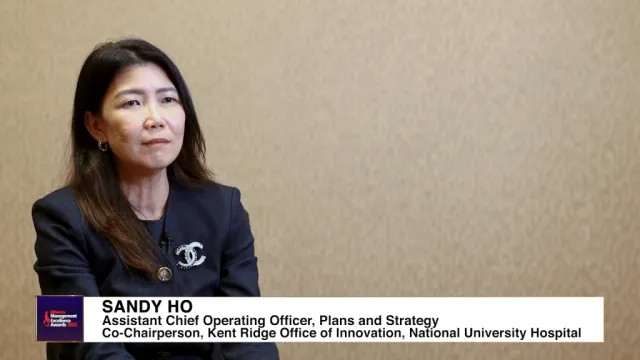Join the community
Thought Leadership Centre
Most Read
1. Singapore to slash CDC vouchers as Budget 2026 pivots to defence 2. Budget 2026 to surge tech funding as ageing workforce squeezes growth: analysts 3. UOB set for growth as DBS, OCBC earnings hold steady: report 4. OCBC and UOB to reverse year-long NIM slide in Q4 5. E-ang bao use jumps nearly 50% in 2025 as seniors ditch red packets: OCBCResource Center
Awards
Apr
14
Event News
Singapore Business Review Management Excellence Awards 2025 Winner: Moninder Jain of Logitech Singapore Pte Ltd
Moninder Jain of Logitech Singapore highlights how human and AI collaboration strengthened the company’s market position.


 Advertise
Advertise
















Commentary
Harnessing talent to tap opportunities in offshore energy exploration
Harnessing talent to tap opportunities in offshore energy exploration
We the people of Facebook
Is Singapore next on the list of mobile payments leadership?
What makes a great brand name in Singapore?
Are you really serious about social media?
Singapore consumers want social media advert free
Are Singapore SMBs ready when disaster strikes?
How can going green transform the building industry?
Is the new superyacht industry poised to boost Singapore’s economy?
Why video advertising is the future in Singapore's online industry
Where have all the marketing directors gone?
Managing cultural diversity in Singapore
How has Singapore responded to the opening of the IRs?
Just like a woman: The gender issue in Singapore
Why do local niche agencies fare better when managing social media marketing?
What can Singapore get from a border less
Are deal-of-the-day sites too good to be true?